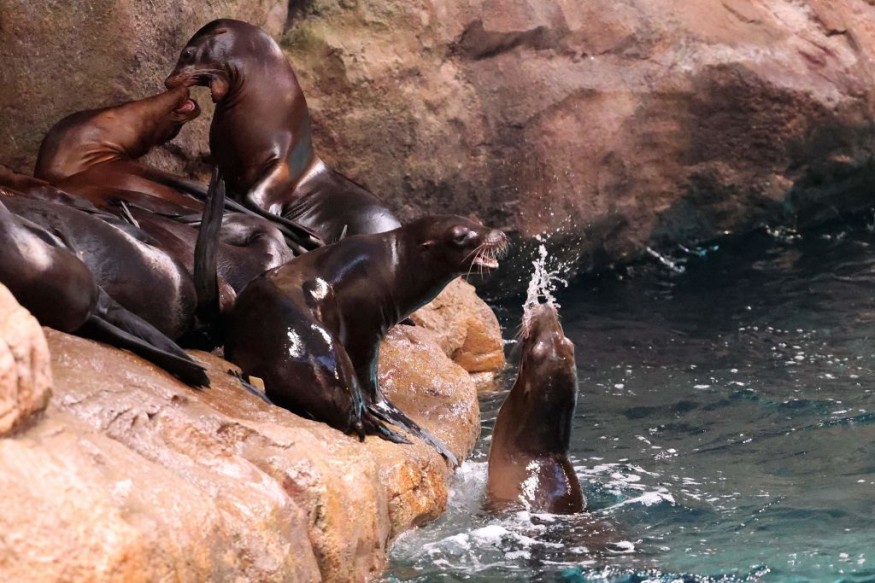A new study suggests that marine creatures in modern zoos and aquariums are having longer and healthier lives.
According to the experts, a shift is thought to be the result of advancements in animal care procedures based on animal welfare.

Quality Of Life
The study, led by Species360 and University of Southern Denmark Research Scientist Dr. Morgane Tidière and involving 41 co-authors from academic, governmental, and zoological institutions around the world, is the first to look at life expectancy and lifespan equality as a proxy for population welfare in marine mammal species.
The researchers conducted their investigation using the Species360 Zoological Information Management System (ZIMS), the world's most comprehensive database on wildlife in human care.
The experts processed a massive cache of data covering 200 years, from the early 1800s to the year 2020.
The harbor seal, California sea lion, polar bear, and common bottlenose dolphin were the principal subjects of the study.
The purpose was to quantify the improvement in their living conditions and validate it with the growing number of people reaching old age.
Using the same methods and additional data sources for wild populations, the authors investigate whether these four marine mammal species have longer lived in zoos and aquariums than their wild counterparts.
The study's authors discovered that the life expectancy of the four marine mammal species has grown more than threefold over the last century and that the rate of mortality in the first year of life has decreased by up to 31% in zoos and aquariums included in the study.
In zoological facilities, researchers discovered definitively that the four species have steadily growing lifetime equality throughout time.
They also emphasized that contemporary populations of the four species included in the study living in zoological institutions have a higher lifespan equality than their wild counterparts.
Zoological Practices
The researchers discovered a significant improvement in longevity and lifespan equality for the four species beginning in the 1990s, which they attribute to advances in zoological practices such as the implementation of advanced veterinary, environmental, nutritional, and enrichment measures, as well as the voluntary cooperation of animals in routine examinations through positive reinforcement training.
These advancements in animal care at progressive zoos and aquariums are the result of the formation of regional and national zoo associations, accreditation standards, coordinated breeding programs, shared databases, and professional networks that foster knowledge sharing, thereby collectively improving animal welfare.
Tidière said that the study indicates that significant progress was made in enhancing the welfare of marine mammals in zoo institutions as a result of improvements in management practices.
"Professional zoos and aquariums of today cannot be compared to zoos 30 years ago," said Dr. Tidière.
The authors of the study noted that these findings primarily represent the average welfare standards of marine animals in Species360 member institutions, rather than the global standards of all zoos and aquariums.
The goal is that these findings will inspire other businesses to improve their animal management procedures.
Related Video:
© 2026 NatureWorldNews.com All rights reserved. Do not reproduce without permission.





